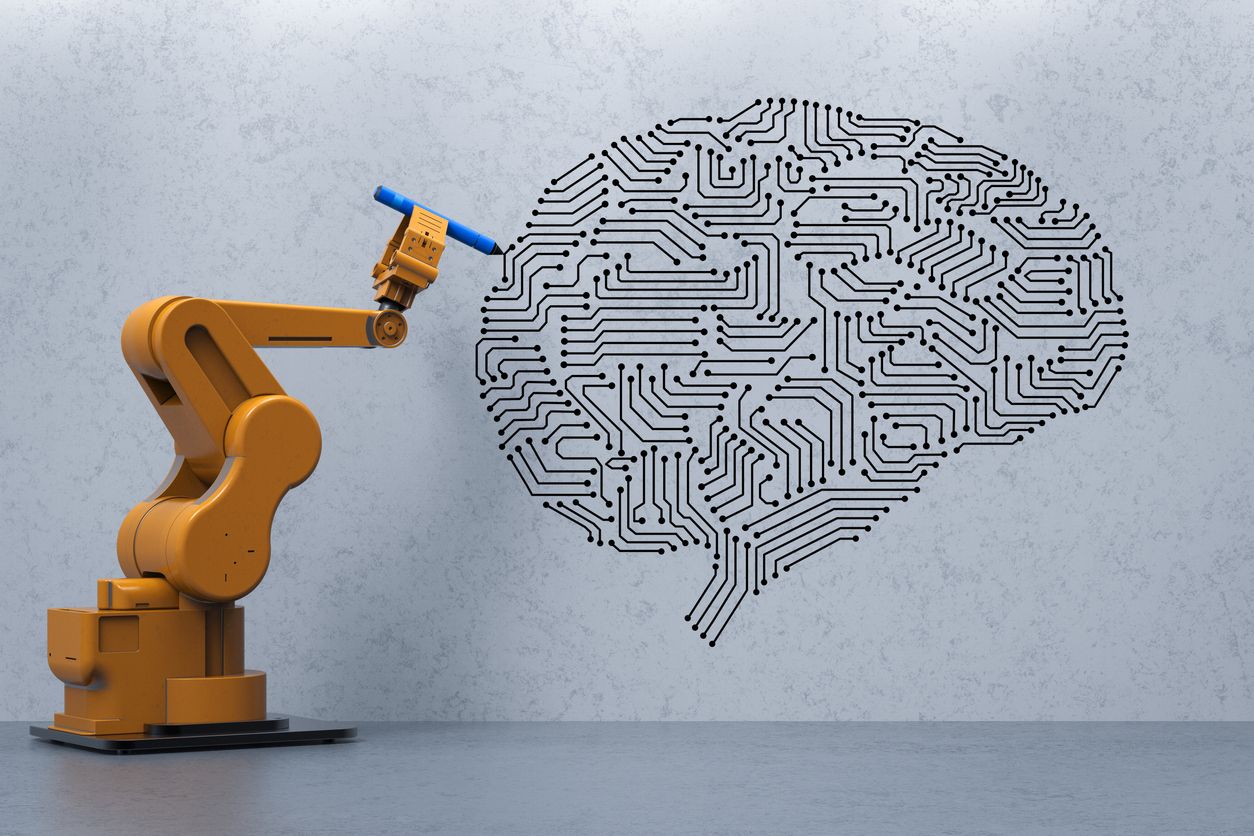Are you baffled by the constant use of buzzwords in the tech world? Well, fear not! In this blog post, we’ll dive into one of the most talked-about terms: artificial intelligence (AI). But wait, there’s more. We’ll also explore which buzzword is closely associated with AI and how it’s shaping our lives. So buckle up and join us on this exciting journey through the realm of technology.
AI
Artificial intelligence (AI) is a technology that allows machines to act intelligently. AI buzzwords related to this technology include machine learning, deep learning, and cognitive computing. These terms are often used interchangeably, but they have different meanings. Machine learning is the ability of a computer system to learn from data without being explicitly programmed. Deep learning is a more advanced form of machine learning that uses artificial neural networks. Cognitive computing is the ability of computers to understand and respond to human inputs.
Robotics
Artificial intelligence, robotics, and machine learning are three closely related tech buzzwords that are often used interchangeably. Each term refers to a different stage of AI development, but they all share some key features.
First and foremost, all three terms refer to the use of computers to perform tasks that would otherwise require human intelligence. In the case of artificial intelligence, this means teaching computers to do things that ordinarily require human intelligence like recognizing specific images or words.
Robotics also involves using computers to carry out tasks that would be difficult or impossible for humans. This can include things like manufacturing or moving objects around a factory floor.
Finally, machine learning involves using computers to learn from data without being explicitly programmed. This is how Google’s Street View cars were able to map cities by collecting millions of photos.
Big Data
Artificial intelligence (AI) has been a hot topic for quite some time now and is continuously being researched and developed. There are many different buzzwords that are closely related to AI, but which one is the most popular? Here are the three most popular buzzwords related to AI: Machine learning, neural networks, and deep learning.
Machine learning involves teaching computers how to learn on their own. With machine learning, you can automatically improve the accuracy of your data-driven decision making. Neural networks involve artificial neurons that work together to form a network—a model for understanding complex data. Deep learning involves using multiple layers of artificial neurons in order to build more accurate models.
The 5 buzzwords closely related to AI
Artificial intelligence (AI) is an umbrella term that refers to a broad field of computer science and engineering disciplines concerned with the creation of intelligent agents, which are systems that can reason, learn, and act autonomously. AI has been described as the “Next Big Thing” in technology, with massive potential for both personal and commercial applications.
There are many different aspects of AI, including natural language processing (NLP), machine learning, robotics, computer vision, and others. Some of the most well-known applications of AI include Google Translate, Siri on iPhone/iPad, Amazon’s Mechanical Turk service, and Nissan’s ProPilot system.
Here are five buzzwords closely related to AI:
- Machine learning
- Deep learning
- Robotics
- Computer vision
- Artificial general intelligence
Conclusion
The tech buzzword closely related to artificial intelligence is “deep learning.” Deep learning refers to the process of teaching a computer how to learn from data sets without being explicitly programmed. This technology allows computers to recognize patterns and make decisions on their own, which makes them increasingly powerful tools in fields such as machine learning and natural language processing.





